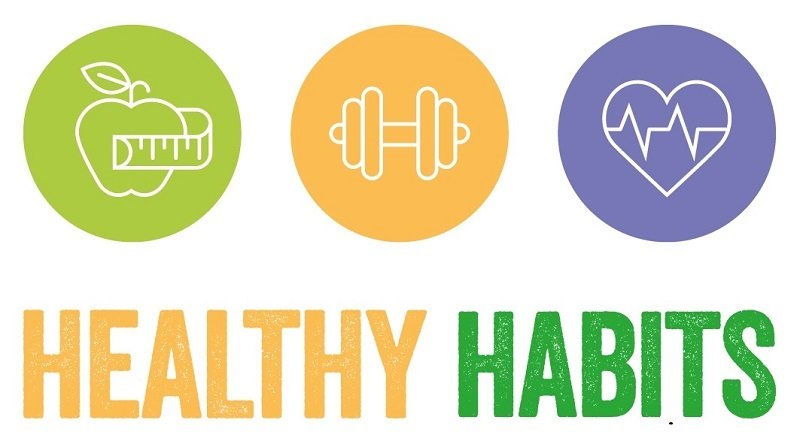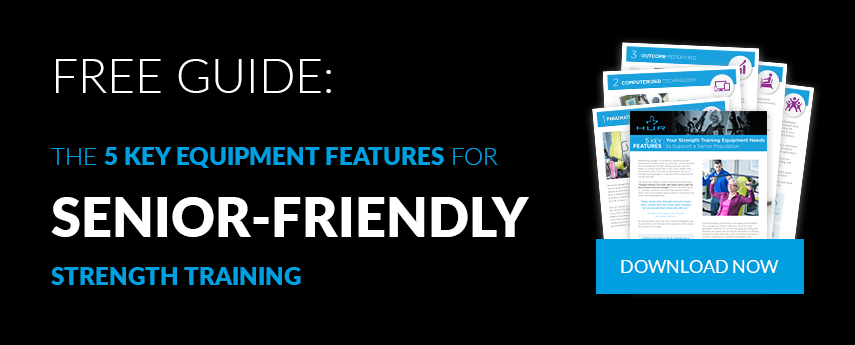You’ve lived a life filled with the complex experiences that have made you who you are today. How would it be to feel completely empowered to feel even better, more vibrant, robust, and joyful? Cultivating habits for wellness creates a foundation for positive growth and builds upon itself for even greater rewards. Who wouldn’t want that?
A recent study in the European Journal of Social Psychology tried to answer a burning question…
How long does it take to break or make a habit?
The researchers found that, on average, it takes 21 days to break a habit. Routines around how you see yourself need to dissolve in order for you to believe in something different for yourself.
“We are what we repeatedly do. Excellence, then, is not an act, but a habit.” -Aristotle
It then takes, on average 66 days to make a new habit. For instance, if you want to take a 15-minute walk every morning, you’re going to have to do it for about 2 months, in order for your own perception of yourself to change. You need to come to the realization, that who you are today is someone that walks every morning for 15 minutes.
Sounds like a great idea, doesn’t it?
Healthy habits can come from determination and setting reasonable goals. They can also come from unplanned habits that don’t serve your health. Say the difference between a donut every morning, and that 15-minute walk. Pick the latter!
1. Start with a goal
Create an overarching goal with thoughtful intention around what you want to achieve. Begin with something broad that smaller goals will serve. For instance, you might say, you want time for friends and family and the ability to enjoy physical activity more. So every time you make a choice for what you’re going to do, ask yourself if it serves that main goal. Like, watching another hour of television would not serve that goal, so turn it off and choose a healthy alternative.
2. Believe that taking care of yourself is sacrosanct
Give yourself the positive message that caring for your well-being comes first. Not after one more lazy morning. Not after one more drink. Not after taking care of someone else. Not after anything. You get to come first.
No more excuses or putting your own care behind a poor choice or giving up. Stay the course and see the results.
3. Plan time for joy
Make a list of things that bring real joy to your life. Make sure to do one of those things every day and set aside time for them be part of what you develop into your overall wellness habits. When you are happy you get more of that yummy dopamine, vasopressin, and oxytocin hormones that feel awesome and reduce your cortisol (stress hormone). You’ll be healthier when you’re happier and vice versa. More joy equals greater health. It’s win-win.
4. Eat right
You know this already. There are things to keep in mind beyond eating more vegetables and letting go of ice cream and potato chips. For instance, seniors need more fiber. This is because older adults digest slower. This means you need to drink more water and eat more fruits and veggies, but soups, smoothies, and other moist meals are another great choice for easier digestion.
5. Don’t do it alone
This is probably the best piece of advice you’ll hear from anyone. Finding support for your new habits is key for success for several reasons. For one, accountability. When someone else is there on the other end of the phone or goes with you on your walk, you have to tell that person a reason if you aren’t going to show up and negative self-talk may not be a good of enough reason!
There are several options to get others involved. You can help out a friend build up the same healthy habit and spend quality time with each other all the while. You can join a group that’s already involved, (like taking a class). You can hire a professional, like a personal trainer, therapist, or a planned visit to your doctor. You can even simply keep track of your habit and turn it in once a week to someone you trust who knows your goal and will hold you accountable in a supportive way.
6. Be compassionate…to yourself
Renounce any negative messages to yourself. It doesn’t help to say, you’re too_____, to _____. Instead, take a breath, refocus, and willfully strive to love yourself to the fullest. Treat yourself like a friend.
What would you say to your best friend that was in the same situation? What would you say if they were the one trying to get healthier and live their older adult years with greater quality and vigor? It’s likely you’d come up with some great advice and/or offer some solid support if they were feeling doubtful. It’s likely you’d tell them they could do it, that they were strong, that you believed in them.
So take your advice and support to them and give it to yourself, whenever you may need it.
7. Keep moving
Do something physically active every day. A structured program, like the ones set up by HUR’s SmartTouch, can help even more as you can track your own progress. And when using exercise equipment, make sure to stay safe on the equipment. HUR’s equipment makes it easy for seniors with their lack of inertia, easy on and off, zero loading weight, and ¼ pound increments. Their equipment is made especially for older adults needing to stay safe and active. Whatever the program, do it safely, but make sure you do it!
8. Elevate
When you communicate to yourself and others, choose the words and ideas that are positive. For example, if your day is a normal day with no particular bad or good things, say your day is great! It is great! You’re alive, you have an opportunity to do, see, learn more. Becoming more self-reflective will support all your endeavors and help you answer the questions if your choices fit your main goal. If you say instead that you’re: “fine,” “not bad,” or “could be worse,” your brain hears that message and knows that somehow you failed at something, but you didn’t! You succeeded.
When something bad does happen to stay observant for morsels of goodness that lie in every situation. Look for the lessons. Look for who or what can help support you through the difficulty. Then plant the seeds of gratitude and build greater connections from the strife. It will help to become even more resilient and bounce back faster.
9. Re-evaluate
All plans need a check-in to see if the parameters are the right ones. Are your plan specifics helping you achieve your main goal? Maybe that 15-minute walk every morning doesn’t work with your schedule and it’s better to do 30 minutes 4 days a week instead. Is the friend that is supposed to go with you, the one that isn’t showing up most of the time and you need to invite a few others along? Is it time to build upon your exercise or get a more structured routine because of an injury? It’s normal and expected to tweak at the early stages, but then stick to it.
10. Take it slow
This isn’t a race. If you’re taking any steps, no matter how small, those are all steps in the right direction. The best part is that taking each step is meeting the goal. It’s much more effective to make small habits that are successful, than wish for something grand and miss the mark.
Remember, Strong is Ageless. You got this.






